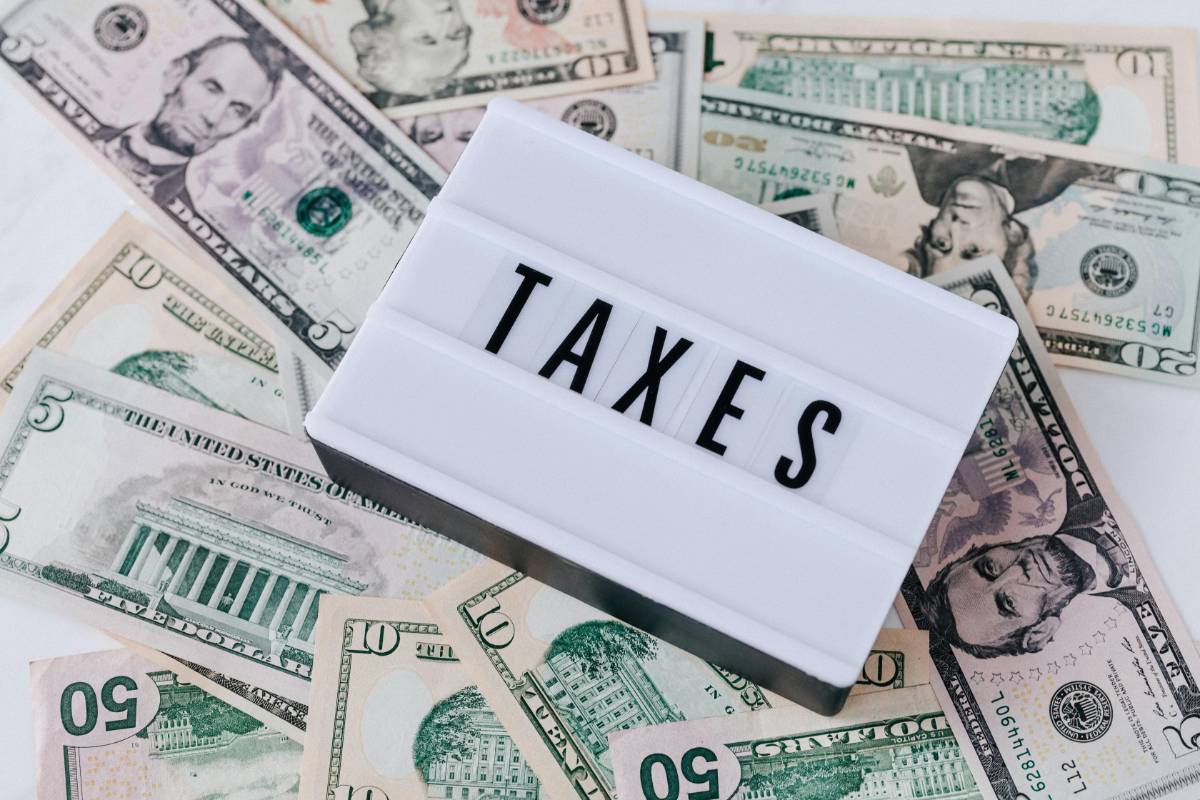

Saving money on taxes is a priority for many individuals and businesses. Whether you're a small business owner, a freelancer, or someone simply looking to reduce your tax liability, there are various strategies you can implement to keep more of your hard-earned money. In this article, we’ll explore several tips for both individuals and businesses to help minimize tax payments.

Tax deductions are a great way to lower your taxable income and save money on taxes. Some common deductions include:
Mortgage Interest: Homeowners can deduct mortgage interest payments, which can provide significant savings, especially in the early years of the loan.
Student Loan Interest: If you're paying off student loans, you may be eligible to deduct up to $2,500 of the interest paid each year.
Medical Expenses: If your medical expenses exceed 7.5% of your adjusted gross income (AGI), you may qualify for a deduction.
Charitable Contributions: Donations to qualified charities can be deducted, which can reduce your tax liability.
Tax credits directly reduce the amount of tax you owe, making them even more valuable than deductions. Some key tax credits include:
Earned Income Tax Credit (EITC): This credit is available to low-to-moderate-income individuals and families and can significantly reduce tax bills.
Child Tax Credit: If you have dependent children under the age of 17, you may be eligible for a tax credit of up to $2,000 per child.
Education Credits: Credits like the American Opportunity Credit and Lifetime Learning Credit can help reduce the cost of higher education.
Businesses also have a variety of tax-saving opportunities. Here are some strategies that can help businesses reduce their tax burdens:
Maximize Business Deductions: Businesses can deduct operating expenses such as office supplies, equipment, business travel, and employee wages. Keeping track of these expenses throughout the year can lead to significant savings.
Section 179 Deduction: This allows businesses to deduct the full purchase price of qualifying equipment and software in the year it is bought, rather than depreciating it over several years.
Retirement Plans: Contributing to retirement plans such as a 401(k) or a Simplified Employee Pension (SEP) IRA can reduce taxable income, both for employees and business owners.
Qualified Business Income Deduction: For pass-through businesses (e.g., LLCs and S Corps), the QBI deduction allows for up to a 20% deduction on business income.

Investment income, such as interest, dividends, and capital gains, is often taxed at a higher rate than earned income. Here are some ways to minimize the tax burden on your investments:
Long-Term Capital Gains: Holding investments for over a year before selling them can lower the tax rate on capital gains, as long-term gains are taxed at a lower rate than short-term gains.
Tax-Efficient Investments: Investing in tax-advantaged accounts such as Roth IRAs, 401(k)s, or Health Savings Accounts (HSAs) can reduce your taxable income. Additionally, certain types of bonds, such as municipal bonds, are tax-exempt.
Offset Capital Gains with Losses: If you sell an investment at a loss, you can use that loss to offset gains from other investments, reducing your overall taxable income. This is known as tax-loss harvesting.
Freelancers and contractors face unique tax challenges. Here are some strategies to help save money on taxes:
Track Business Expenses: As a freelancer, you can deduct a wide range of business expenses such as home office costs, software subscriptions, and travel. Keeping detailed records is crucial for maximizing these deductions.
Pay Estimated Taxes: Freelancers and contractors typically don’t have taxes withheld from their income, so it’s important to pay estimated taxes quarterly to avoid penalties.
Set Up a Retirement Account: Freelancers can set up tax-advantaged retirement accounts such as a Solo 401(k) or SEP IRA, which not only helps save for retirement but also lowers taxable income.
In addition to federal taxes, you may also face state and local taxes. Here are some strategies to reduce your state and local tax burden:
Relocate to a Low-Tax State: Some states have no income tax, such as Florida and Texas. Moving to one of these states can potentially save you thousands of dollars each year.
Use Tax Credits: Many states offer tax credits for things like education, renewable energy improvements, and charitable donations. Check with your state’s tax authority to see what credits are available.
Consider State-Specific Retirement Accounts: Some states offer tax-advantaged retirement accounts with higher contribution limits, which can help you save more on your state taxes.
Effective tax planning can significantly reduce your tax liability. It’s important to plan ahead by keeping track of your income, expenses, and deductions throughout the year. Working with a tax professional or financial advisor can help you take advantage of all available tax-saving opportunities and ensure that you’re prepared for tax season.
Saving money on taxes requires strategic planning and an understanding of available tax benefits. Whether you're an individual, business owner, or freelancer, taking advantage of deductions, credits, and tax-advantaged accounts can result in substantial savings. Stay informed about tax laws and consult with a professional to ensure you're minimizing your tax liability and keeping more of your money.











